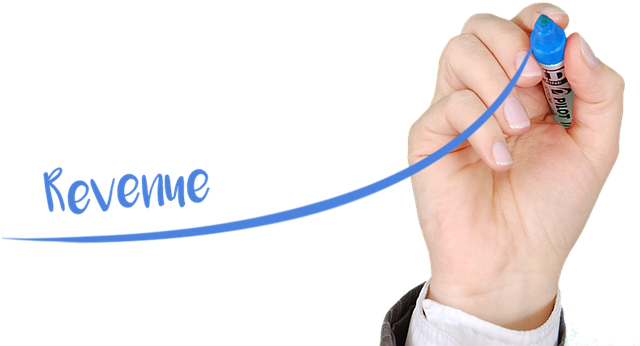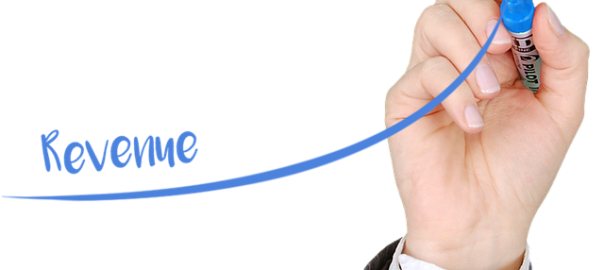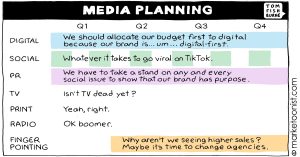— September 23, 2017

aroblesgalit / Pixabay
I saw an interesting question on LinkedIn, “In SaaS businesses, can revenue still be predictable?” My reaction to this question, not just limited to SaaS, is “Absolutely—-sort of………”
Building predictable revenue streams is nothing new to sales. The creation of SaaS companies with a high volume, high velocity model for acquiring customers wasn’t the inception of predictability in revenue generation.
For decades, perhaps centuries, organizations have built models to predict revenue, all with varying degrees of accuracy.
In some businesses, there are highly predictable revenues based on highly sophisticated trend analysis. These models take into account seasonality, economic conditions, market factors, phases of the moon (well, maybe not that). For example North American retailers and anyone involved in Consumer Products, know the majority of revenue at retail occurs in the October-December period. Forecasters can look at orders placed on manufacturers in the summer months, making reasonable guesses about revenue in the 4th calendar quarter (barring unforeseen events).
Every business, has models of some sort that are leveraged to predict revenue. Whether it’s trend analysis, pipeline/forecast analysis, or knowing a very good fortune teller.
Revenue, even in SaaS companies, can never be predicted precisely, even the most advance AI algorithms can’t predict that this quarter’s revenue will be $ 3,798,231,456.34 plus or minus a few cents. But we can have reasonable estimates of revenue.
A more interesting question is, “What drives unpredictability in revenue, and what can we do about that?”
There are any number of things that drive unpredictability in revenue—some, unfortunately, are outside our control or even our ability to predict the impact. Acts of nature, like the recent hurricanes, create great disruption and unpredictability.
There are other areas of unpredictability, where we are likely to have very little ability to guess revenue. Early stage start-ups, disruptive new product offerings, entirely new markets create great difficulty in predicting revenue. Where there is no established model, no comparative and relevant data, it’s virtually impossible to predict it—consequently, trying to do so is a massive waste of time and usually results in nothing more than wishful thinking.
Massive changes in our markets, or our methods of going to market will impact the predictability of revenue. For example, in many of the old line SaaS companies with a high volume/high velocity sales model, traditional methods of predicting revenue failed as they started attacking enterprise sales–SaaS companies developed new models for predicting revenue in these types of sales.
But there are areas of predictability that are completely in our control or ability to learn. Having a sales process that’s tightly aligned to customer buying process–and making sure that our people are using the process rigorously drives great predictability in revenue. After all, the process is designed based on our best experience of generating revenue. Everything else held constant, if we keep executing the process with some level of discipline, we will be able to predict revenue within some band of confidence.
Leveraging customer validated buying signals is another way to drive greater predictability in revenue.
Without belaboring the point, the things that drive unpredictability in revenue, at least the things that are in our control, are when we stop consistently doing the things we know produce revenue. It may seem like a “Duuuggghhh” point, but too many organizations are operating in this space—and it’s their fault they can’t develop greater predictability in revenue.
We will never perfectly predict revenue, and too many of our forecasting approaches are irrelevant and unhelpful in predicting revenue. However, within certain ranges of predictability, we know the things that work and the things that don’t work. We know if we execute consistently and with discipline the things that work we will are more likely to produce the outcomes that produce revenue.
Look at your own business–whether it’s your organization or your own personal territory. Are you consistently focusing on the things you know produce revenue? Are you stopping those things that don’t produce revenue?
Predictable revenue–at least for those things within our control, isn’t much more complicated than that.
Business & Finance Articles on Business 2 Community
(90)
Report Post






